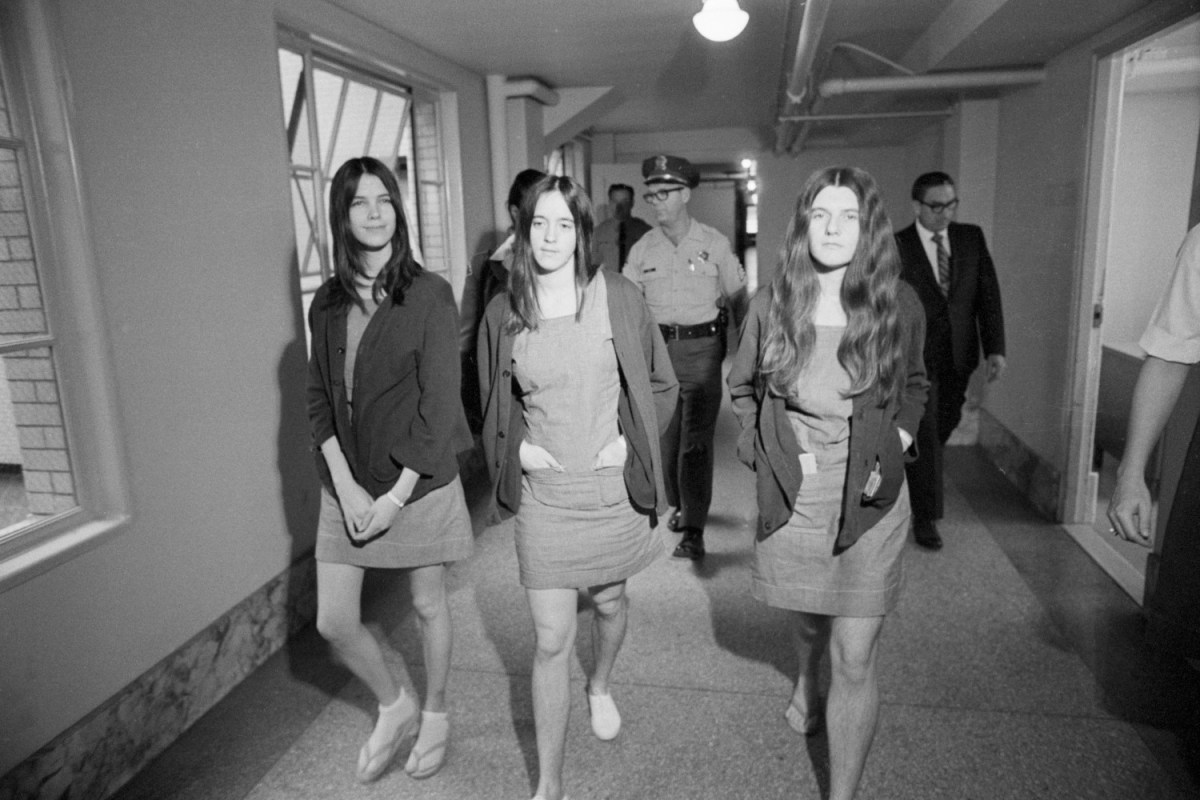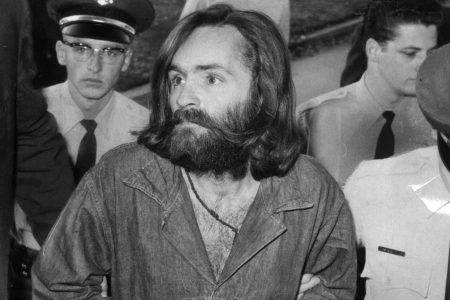In 1971, Leslie Van Houten was convicted of first degree murder for her role in the killings of Rosemary and Leno LaBianca. Van Houten was one of Charles Manson’s followers, and their names have been connected ever since. Though she is currently serving a life sentence in prison, there was one substantial exception to that — Van Houten has been eligible for parole several times over the course of her sentence.
That said, several governors of California have blocked that parole — including the man who currently occupies that office, Gavin Newsom. Earlier this year, a state appeals court recommended that Van Houten — now 73 — be granted parole.
As the Los Angeles Times recently reported, Governor Newsom recently announced that he would not seek to reverse the appeals court’s decision. A spokesperson for the governor released a statement providing some context for the decision, saying that “[t]he governor is disappointed by the Court of Appeal’s decision to release Ms. Van Houten, but will not pursue further action as efforts to further appeal are unlikely to succeed.”
Why Do We Keep Coming Back to Charles Manson?
A conversation with the writer who documented Manson’s last days on earth tells us a lot about his dark, enduring legacyThe issues raised by Newsom (and his predecessor, Jerry Brown) overturning parole board rulings are some of the same ones that people in all aspects of the criminal justice system have been reckoning with over the last few decades. While Van Houten’s connection to Manson — and the sheer violence of the LaBianca murders — makes this an especially high-profile case, it’s far from the only one of its kind.
Thanks for reading InsideHook. Sign up for our daily newsletter and be in the know.


















